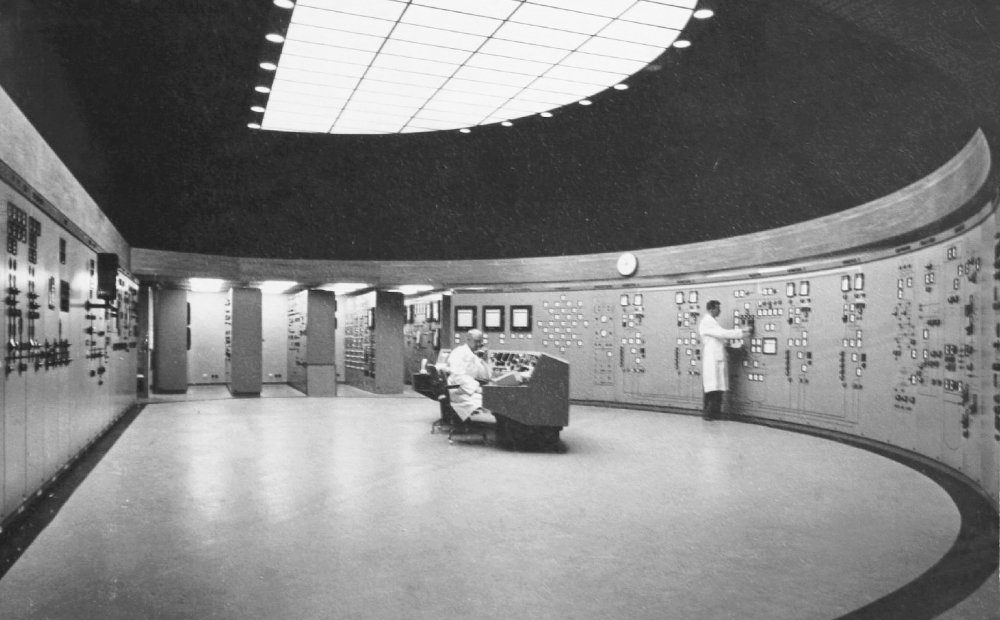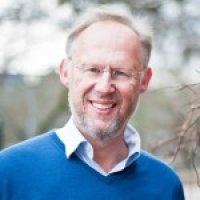The Key to Nuclear Restraint

Sweden's Plans to Acquire Nuclear Weapons During the Cold War
Why have some nations acquired nuclear weapons while others have refrained? In this seminar, Dr. Thomas Jonter will analyze Sweden’s Cold War plans to acquire nuclear weapons and explore why some states choose restraint.
Sweden’s leadership nearly chose develop a nuclear weapon in the 1960s, but instead steered their country to become one of the most recognized actors in the disarmament movement. Drawing on recently declassified documents from Sweden and the United States, Jonter will present a comprehensive analysis of the Swedish nuclear weapons program—and why it was abandoned.
Thomas Jonter is the author of The Key to Nuclear Restraint: Swedish Plans to Acquire Nuclear Weapons During the Cold War (2016), Director of the Stockholm University Graduate School of International Studies, Sweden, and Professor of International Relations at the Department of Economic History. He is a partner of the Nuclear Proliferation International History Project and has been visiting scholar at Stockholm International Peace Research Institute (SIPRI), Stanford University, and Cornell University. Professor Jonter is also chair of Swedish Pugwash and served as advisor to the Swedish delegation to the 2015 Review Conference to the Treaty on the Non-proliferation of Nuclear Weapons, at the United Nations in New York.
Speakers


Hosted By

Nuclear Proliferation International History Project
The Nuclear Proliferation International History Project is a global network of individuals and institutions engaged in the study of international nuclear history through archival documents, oral history interviews, and other empirical sources. Read more
